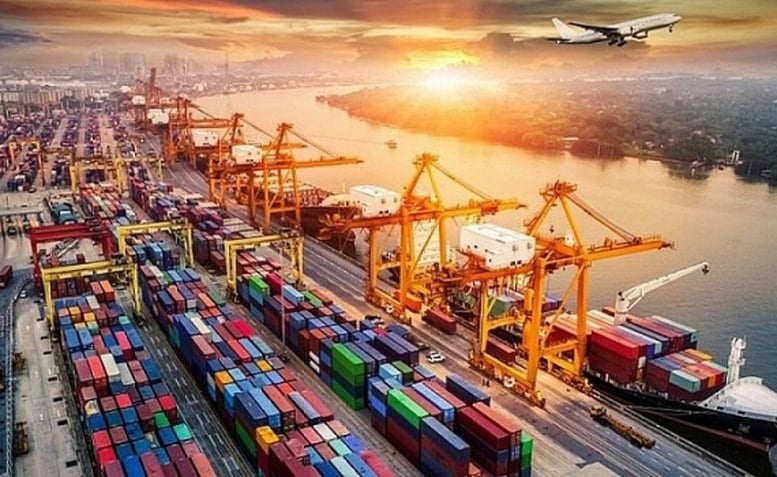
The success or failure of reform is still the human factor.
The law can be perfect, the process can be perfect, but if the people implementing it lack capacity, integrity or public spirit, the institution will still fail.
Our Party and State have determined that: People are the center, the subject, the goal, the driving force, and the resource of the development process. At the same time, our Party has repeatedly emphasized: Party building is the key task and building a contingent of cadres is the "key of the keys" task.
People - the soul of the institution
One of the common mistakes when it comes to reform is to assume that good institutions can produce good results on their own. But institutions are not living entities. They need a specific team of people to create and implement them in real life. Every policy – no matter how excellent – must pass through the “human door” before reaching life. If that door is narrow, distorted or blocked by selfish calculations, the policy will be distorted or go nowhere.
The problems of institutions often lie not in the letter, but in how people interpret, apply, or even exploit them. Therefore, putting people at the center of the reform process is the right and urgent way of thinking.
The role of people in the two vital stages of institutions
First, in institution building , people are the main subjects shaping laws, policies and principles of social operation. If the drafter has a narrow vision, shallow knowledge, or is influenced by group interests, the institutional product will be defective from the very beginning.
Second, in institutional operation , the role of people is even more important. A good design can be ruined by irresponsible implementers; conversely, an imperfect design can still be "saved" by a dedicated, intelligent, honest and responsible team. The success or failure of reform, in the end, is still a matter of people .

Serving the people is the responsibility, duty and honor of every cadre, civil servant and public employee.
Four core qualities for people to operate institutions
1. Capacity
Modern institutions require modern management capacity. Public officials cannot only know how to "follow procedures", but also need to know how to analyze problems, propose solutions, organize implementation and evaluate results . Capacity is not only understanding the law, but also the ability to apply the law correctly, effectively and in a way that benefits the people and the common cause.
In the context of digital transformation, innovation and deep international integration, the requirements for staff capacity are increasingly high, multi-disciplinary and multi-dimensional. Without investment in human capacity, reform is just theory.
2. Public ethics
This is a factor that helps prevent corruption in the use of power. An unethical official can turn any institution into a tool for personal gain. On the contrary, an honest official can become a solid barrier against corruption, vested interests and policy distortion.
Public ethics include: integrity, honesty, compliance with the law, non-selfishness, not taking advantage of one's position for personal gain, and always putting public interests first. That is the foundation for building a service-oriented administration.
3. Service spirit
The spirit of public service is the inner energy that helps officials work not only for a salary, but also for the mission of serving the country and the people. This spirit creates initiative, creativity and dedication – qualities that no administrative process or order can replace.
A civil service with a spirit of service will produce results that go beyond any quantitative measure.
4. Cooperation skills and team spirit
Working in an institutional system is never a solo race. Public service effectiveness always depends on the level of coordination between individuals, units, levels and sectors. No matter how good an officer is, if he or she lacks teamwork skills and a spirit of supporting his or her teammates, it will be difficult to create sustainable results.
The spirit of solidarity and mutual support not only helps the apparatus operate smoothly, but also creates a humane, trustworthy and inspiring public service environment. In times of crisis such as natural disasters, epidemics or major reforms, the spirit of solidarity, responsibility and mutual support is the collective energy that helps overcome challenges.
Incentive System: Wind to Sail
Even good people need an environment to thrive. No one can live a decent life and work well if they are left in an unjust, backward or unmotivated system. Therefore, institutional reform cannot be without reform of the incentive system .
A good incentive system should include:
1. Selection is open, transparent and based on merit.
2. Link salary and bonus to specific work results.
3. Have a fair promotion mechanism, not influenced by emotions or relationships.
4. Ability to screen out incompetent, unethical, and superficial people.
When the incentive system is designed properly, it brings out the best in people – from competence to responsibility, from creativity to patriotism.
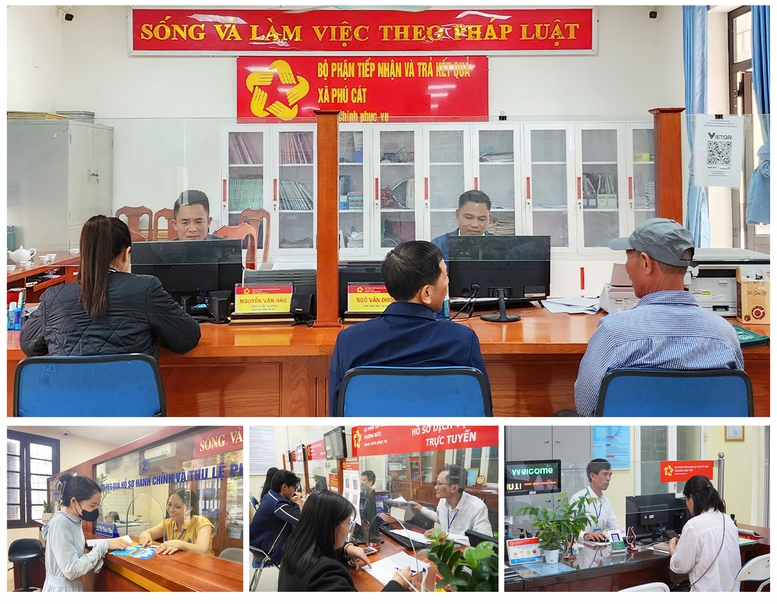
Public service spirit is the inner energy that helps officials work not only for salary, but for the mission of serving the country and serving the people.
Good institutions need good people, and vice versa.
A big question is: do institutions create people, or do people create institutions? Reality shows that both are true, but in the reform period, it is people who are the breakthrough factor .
To have good people, there must be an institution to protect and encourage good people. But to have a good institution, there must first be people with enough talent and heart to build it.
Institutional reform, in the end, is how we organize, evaluate, reward and control people in the state apparatus. If we do this right, we will not only have a "process-based" apparatus, but also a service-oriented, transparent, efficient and vibrant administration.
Institutional reform begins with human reform.
In any reform, if people do not change, nothing will really change. On the contrary, when we build a team of competent, ethical, and service-minded cadres, the institution, despite its shortcomings, can still function well.
Remember: institutions are the tools, people are the subjects . And in the process of building a developed and powerful Vietnam, there is no more urgent and sustainable factor than the human factor .
Dr. Nguyen Si Dung
Source: https://baochinhphu.vn/the-che-va-nhan-to-con-nguoi-then-chot-cua-then-chot-102250529061441341.htm



![[Photo] A delegation of 100 journalists from the Vietnam Journalists Association visits the soldiers and people of Truong Sa island district.](https://vphoto.vietnam.vn/thumb/1200x675/vietnam/resource/IMAGE/2025/5/30/0984a986227d4e988177f560d2e1563e)



![[Photo] Prime Minister Pham Minh Chinh attends the event "Digital transformation of the banking industry by 2025"](https://vphoto.vietnam.vn/thumb/1200x675/vietnam/resource/IMAGE/2025/5/29/0e34cc7261d74e26b7f87cadff763eae)














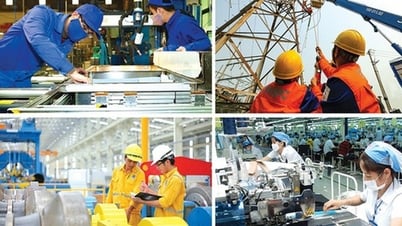






















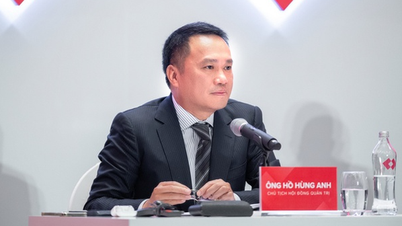










































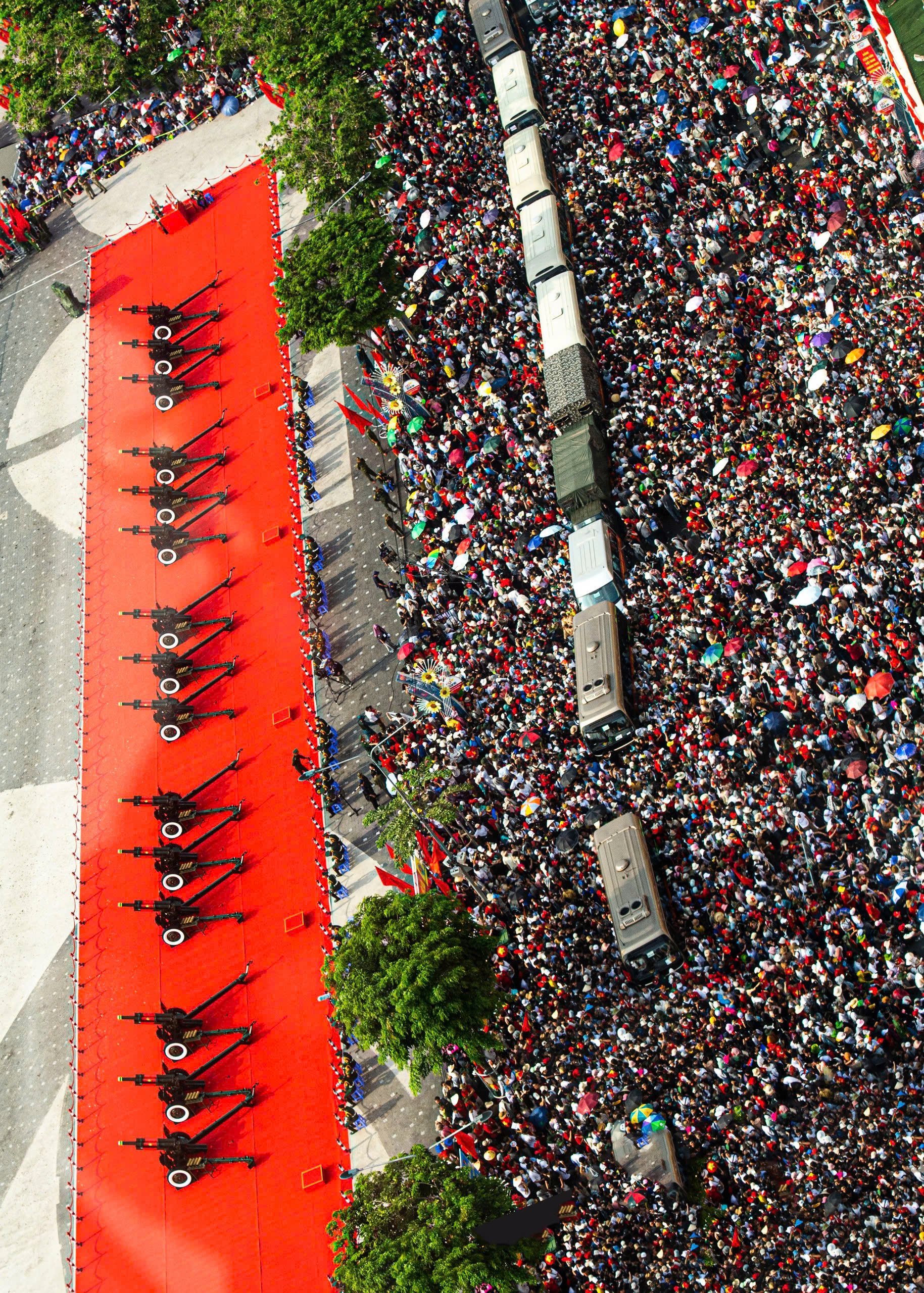



Comment (0)